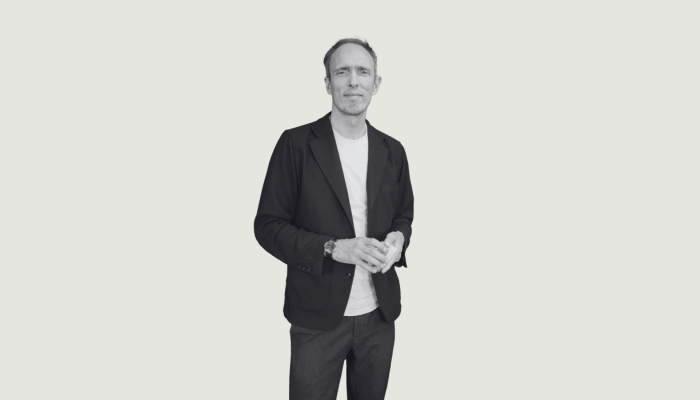There are around 7.2 billion people on the planet and nearly a third of them have something in common… Facebook.
The social platform continues to play a pivotal role in our daily lives but, amid numerous well-documented controversies, a question has emerged: Is Facebook a friend that brings the world together, or a big-tech bête noire?
That’s the subject of this year’s Badger Debate – named after beloved marketing veteran, Kenny Harris – which is one of the key events at the Marketing Society’s Amplify Marketing Festival.
Maddy Sim, Strategy Director at Carat, will set out to prove that Facebook is a force for good, with Something Studio’s marketing director Ian Greenhill opposing.
The gathering cloud of transparency
Facebook boasts 2.4 billion daily users across the planet and annual revenues of $66 billion.
In theory, it is the perfect advertising medium – a digital screen giving it the engagement power of television, embedded in the internet so it allows direct interaction with brands with minimal effort.
And that’s before we even mention the ability to buy stuff.
But for many these benefits our outweighed by Facebook’s ability to rake in digital dollars through the information that it, by its very nature, gathers. The social network’s users constantly feed it with their personal information, often in exchange greater personalised services.
The vast mine of data it has created, and a lack of transparency in the way it is accessed and used has left it open to accusations of facilitating interference in democratic processes.
In the last year or so, Mark Zuckerberg has stated publicly they will tackle the trust issue – albeit too slowly for some. His new head of communications, former deputy Prime Minister Nick Clegg has been given the space to call for more regulation.
A history of creating connections
Facebook’s problem is that the good side of what it offers is slow and incremental.
The billions of acts of friendship and love facilitated by a platform chimes with the genuine aspiration to connect people that led to its birth, relationships created and deepened, differences resolved. Movements that have positively changed the world now spread with speed and efficiency.
These aspects all too often remain unreported because they do not satisfy the basic need to feed a negative narrative to maintain the human ego’s sense of survival, that we must by comparison be OK because someone somewhere else isn’t.
To draw a parallel – on average 137,000 children are lifted out of poverty every day – a cause for celebration and positivity which is not reported because it is incremental and consistent.
Personally, Facebook connected me to the person who is now my wife. It facilitated a relationship that has brought me enormous joy, hopefully for the rest of my life, but something that will never be captured in a snappy headline or crisis stat.
Facebook is not perfect. After all it does reflect our own human frailties; the duality of the human condition. While trust in Facebook has fallen, user numbers have not followed suit, showing the majority of users are still friends with it.
This argument will, in all probability, split the audience at Amplify, a timely reminder that debate remains a fundamental skill of marketing.
The alchemy of science and art
Away from the ethics of social media and data use, the cultural backdrop for Amplify reminds me of a fundamental truth about marketing.
It is where science meets art in business. Where the numeric black and white of the bottom line is translated into dynamic, vivid, vibrant art that changes people’s behaviour and how they look at the world.
The transformation of the rational and objective into the emotional and subjective is never more profound than in the creative process in marketing.
Nike’s #justdoit campaign with American footballer Colin Kaepernick was born out of a need to shift numbers, to halt declining brand saliency, to maintain brand awareness and to increase revenue – numbers, numbers, numbers.
It ended with a beautiful film that celebrates and supports the fight against the subjugation of a people discriminated against for centuries. Somehow, in the pursuit of selling more shoes, a marketeer put social justice on the front page.
The creative process at its finest and something that will not be lost on all those attending Amplify and the Edinburgh International Festival.
Chris Marsh, Managing Director of Carat and Marketing Society Scotland Council Member
Carat are a world-leading media agency based at Festival Square, Edinburgh and sponsor of the Amplify Marketing Festival at the University of Edinburgh Business School on 23 August 23. The last few tickets remaining are available by clicking here.



